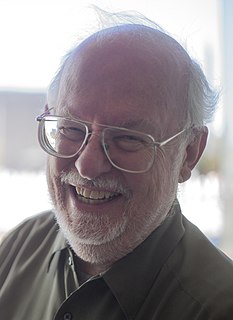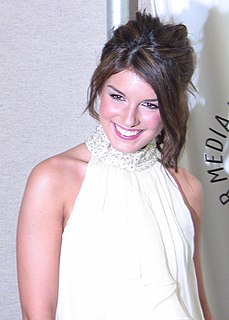A Quote by Rawi Hage
I say, doctors are the profiteers of death and unclaimed cadavers that were once inhabited by homeless and wondering poets!
Related Quotes
It was like the first time i saw a cadaver. For weeks afterward the cadavers head, or what was left of it - floated up behind my eggs and bacon at breakfast and in the face of Buddy Willard, who was responsible for my seeing it in the first place, and pretty soon I felt as though I were carrying that cadavers head around with me on a string, like some black, noseless balloon stinking of vinegar.
I think that poets can say, "What we want is for everybody on earth to wake up free from fear and with access to medicine and clean water and education." But I don't think poets have any special insight on how to get there. And the 20th century is a pretty good record of that because so many of the great poets were Stalinists: Vallejo, Neruda, Eluard, Aragon, etc. They wrote their odes to Lenin and Stalin. They glorified some of the most violent and grotesque dictatorships of the 20th century. And a lot of the ones who were not Stalinists were fascists or fascist sympathizers.
The place resembled a new model prison, or one that had achieved a provisional utopia after principled revolt, or maybe a homeless shelter for people with liberal arts degrees. The cages brought to mind those labs with their death-fuming vents near my college studio. These kids were part of some great experiment. It was maybe the same one in which I'd once been a subject. Unlike me, though, or the guinea pigs and hares, they were happy, or seemed happy, or were blogging about how they seemed happy.
My best friends when I was young were always doctors. I used to dress up in a white gauze helmet and go round and see babies born and cadavers cut open. This fascinated me, but I could never bring myself to disciplining myself to the point where I could learn all the details that one has to learn to be a good doctor. This is the sort of opposition: somebody who deals directly with human experiences, is able to cure, to mend, to help, this sort of thing.
Philadelphia caught my attention in 1995 when a group of homeless families were living in an abandoned cathedral. Even from the beginning they connected theology with what they were doing. They put a banner on the front of the cathedral that said, "How can we worship a homeless man on Sunday and ignore one on Monday."
Half of NYC's homeless populations are families.Homeless people have been ignored for too long. I'll just say this: If you are a family on the brink of eviction you are 80% less likely to get evicted if you have legal counsel. However, there is no right to legal counsel in housing court.It would cost the city $12,500 to grant that family legal counsel. Meanwhile, the average stay for a homeless family in a shelter once they have been evicted cost the city $45,000. So not only does it seem like the right thing to do morally, it's also the right thing to do fiscally.





































